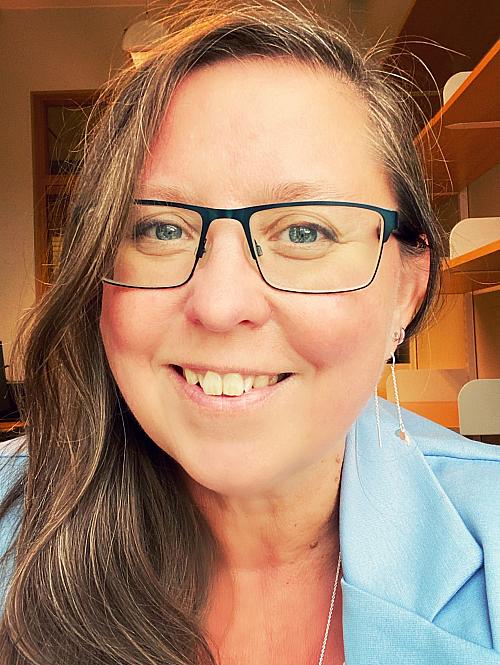Schools overlook students' digital and cultural skills
A recent study conducted by researchers from Jönköping University and the University of Gothenburg reveals that teachers and school leaders often overlook students' digital, cultural, and linguistic skills. According to the researchers, this is unfortunate, as these skills can be crucial for promoting inclusion and social sustainability in upper secondary education. The study, which originally aimed to understand students' reading habits and barriers to successful reading strategies, demonstrates that students' cultural and linguistic repertoires, as well as digital competencies, are central to their learning.

Photo: Steinar Engeland @ Unsplash
There is a widespread belief in society that "real" reading in a school context means reading literature, something many students find less enjoyable., The majority of their everyday reading is, in actual fact,connected to digital contexts, primarily social media, where they often use several different languages. Recognising and acknowledging this digital and multilingual reality could lead to improved reading habits and skills. Simultaneously, it could foster inclusion, democracy, and social sustainability.
Cultural and digital experiences insufficiently considered
The study shows that students' cultural and digital experiences are insufficiently considered in teaching. This is partly due to the fact that ethnocentric norms still dominate in the Swedish education system, which, according to the researchers, is detrimental to social sustainability both locally and globally.
"This practice risks reinforcing a sense of 'us and them' by maintaining unequal power relations and undervaluing other knowledge systems besides the normative ones. Moreover, it fails to promote a more nuanced and deeper form of critical digital literacy or education, where digital tools, media ownership, and their connections to democracy, inclusion, and social sustainability are actively problematised," says Maria Bäcke, Assistant Professor at the School of Education and Communication at Jönköping University.
For future studies, the researchers aim to extend the demographic reach to include more varied educational environments, which could ensure broader applicability of the results and, hopefully, provide practical guidance for educators and policymakers. By listening to students' experiences with digital tools and different cultures, teaching can become more inclusive and holistic.
Acknowledge digital, cultural, and linguistic competencies
"The school curricula have the potential to support this, but in daily teaching, these opportunities are often lost. To create more inclusive and sustainable societies, we must integrate learning, digitalisation, and social sustainability in a more comprehensive way. This means questioning what education should be about, for whom, and for what purpose, without letting the global education measurement industry dictate the terms," says Maria Bäcke.
The study highlights the importance of recognising and integrating students' digital, cultural, and linguistic competencies in teaching. By doing so, not only can their reading abilities and habits be improved, but it can also promote a more inclusive, democratic, and socially sustainable education.
Contact
- Assistant Professor of Comparative Literature
- School of Education and Communication
- maria.backe@ju.se
- +46 36-10 1134
Facts
The study, "Lost opportunities for globalisation, digitalisation, and socially sustainable education? Advocating for digital and global Bildung in Swedish upper secondary schools," was conducted by Maria Bäcke, Assistant Professor at Jönköping University, and Sylvi Vigmo, Senior Lecturer at the University of Gothenburg. It is published in the journal Frontiers in Education and can be read here:
https://www.frontiersin.org/journals/education/articles/10.3389/feduc.2024.1351709/full

